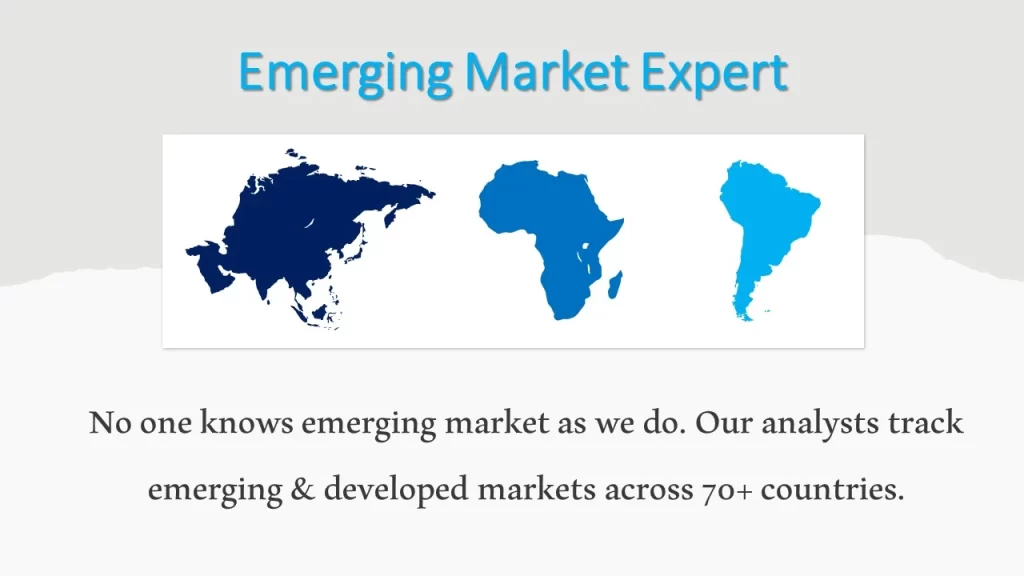India Electric Vehicle Components Market by Components, By Drivetrain, By Battery Chemistry, By Transmission, By Electric Motor – Opportunities & Forecast, 2019-2026
India Electric Vehicle Components Market by Components (Battery Pack, Chassis, Vehicle Body, Drivetrain and Others), By Drivetrain (Electric Motor, Inverter, Vehicle Control Unit, Transmission, On-Board Charger and Others), By Battery Chemistry (Lithium-Ion and Lead Acid), By Transmission (Single Gear Transmission and Multi-Gear Transmission), By Electric Motor (AC Induction Motor, Permanent Magnet Motor and Brushless DC Motor) – Opportunities & Forecast, 2019-2026





